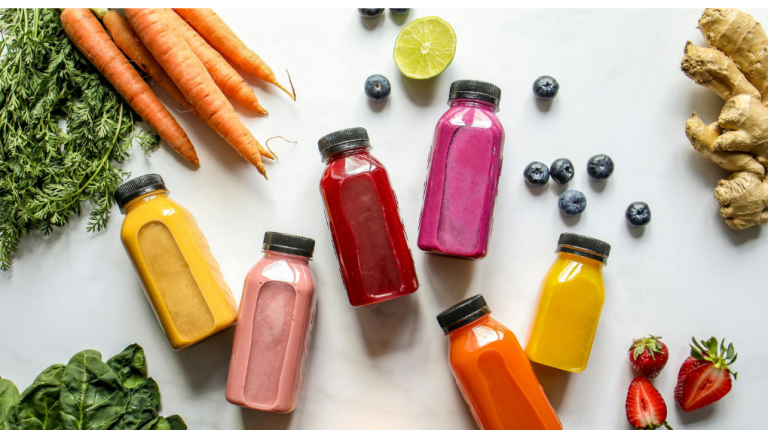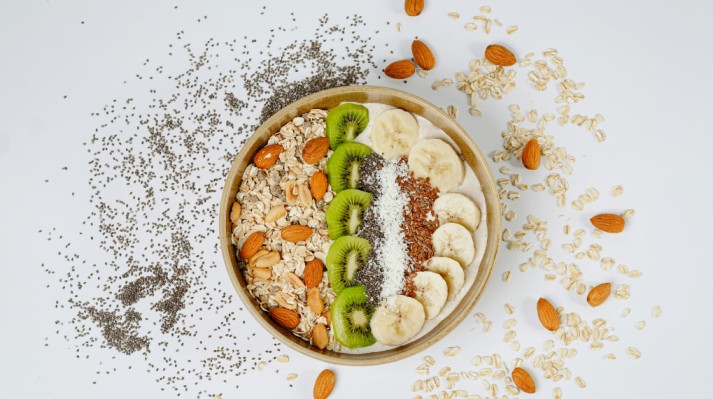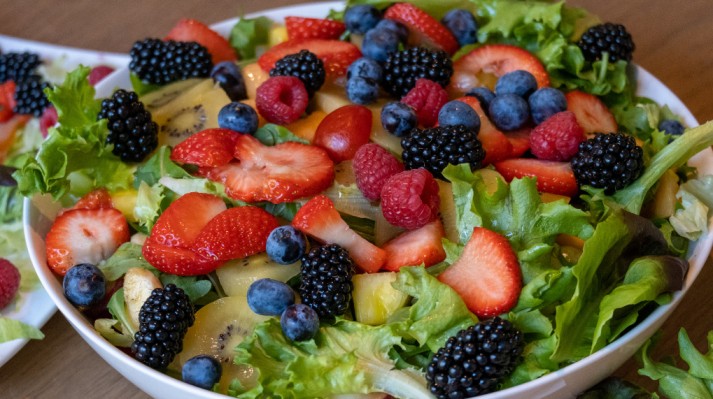Testosterone is a crucial hormone that is often associated with masculinity. It plays a major role in muscle development, sperm production, and bone density in men. But it is equally essential for women, as well.
The hormone is known to offer the best benefits for both genders in terms of mood, energy levels, libido, and cognitive performance. However, the testosterone levels may change based on age and lifestyle. However, a significant factor that affects testosterone levels is the consumption of foods that can increase them.
In this blog, we’ll explore how testosterone works, the key nutrients that influence it, and which foods are best for boosting the hormone naturally.
Understanding Testosterone and Its Functions
Testosterone is a hormone produced in the testes and in the ovaries, respectively, in men and women. It is a steroid hormone responsible for several functions in the body.
Testosterone is important and essential in the following ways.
- Muscle mass and strength: Stimulates protein synthesis, promoting muscle growth.
- Libido and fertility: It plays an important role in sexual drive and sperm production.
- Energy and stamina: Regulates and improves energy metabolism and endurance.
- Mood and cognition: Helps manage mood, focus, and mental clarity.
- Bone density: Helps in maintaining strong bones, reducing fracture risk.
- Fat distribution: It regulates how fat is stored in the body.
When testosterone levels drop, symptoms like fatigue, reduced sex drive, depression, muscle loss, and weight gain can appear.
Nutrients That Help Boost Testosterone
Before we can talk about food, we will begin with the micronutrients that help boost the levels of testosterone.
- Zinc: An essential mineral for testosterone production and fertility.
- Vitamin D: It functions like a hormone and is directly involved in testosterone regulation.
- Magnesium: Enhances the bioavailability of testosterone in the bloodstream.
- Healthy fats: Monounsaturated and saturated fats are precursors to hormone synthesis.
- Omega-3 fatty acids: Help reduce inflammation and support hormonal balance.
- Protein: Supports lean muscle mass and regulates hormones like cortisol.
- Antioxidants (Vitamin C, E, Selenium): Protect testosterone-producing cells from oxidative damage.
Best Foods to Naturally Boost Testosterone
These days, several techniques have evolved that increase testosterone levels through medications. However, at Qua Nutrition, we have always tried to boost testosterone through natural means. Foods that improve testosterone levels naturally have a long-standing impact on your health.
Having said that, here are a few excellent options that you can check out for increasing testosterone naturally.
Oysters and shellfish
These foods are high in zinc. It has been proven that zinc plays a highly powerful role in testosterone production. Even a handful of oysters can fulfill your daily zinc requirement.
Eggs
Your body needs cholesterol to make testosterone. Eggs contain a lot of cholesterol and thus help you increase your testosterone levels. The superfood contains healthy fats and vitamin D. Never skip egg yolks, as they help in testosterone synthesis.
Fatty fish
Fish such as mackerel, salmon, and sardines contain omega-3 fatty acids and Vitamin D. In addition, they also serve as the best protein source for muscle development.
Dark leafy greens
Dark leafy greens are rich in fiber and micronutrients. Some studies have shown that men who eat leafy greens have higher levels of testosterone. They also contain magnesium, which improves testosterone bioavailability.
Honey
Honey has multiple roles to play in increasing testosterone levels in men. It improves the production of luteinizing hormone (LH), which signals to the testes to make testosterone. It has also been shown to reduce oxidative stress and related damage.
Avocados
Avocados consist of magnesium and boron. They have been rated to be a rich source of monounsaturated fats, vitamin B6, and magnesium. Boron is said to influence testosterone metabolism and thus reduce degradation of testosterone levels.
Onions
Onions have been known to increase testosterone levels. That is why they have been promoted for ages. However, studies are needed to showcase the exact way onions increase your testosterone levels.
Foods and Habits to Avoid
Just like the foods that help increase testosterone levels, some foods can negatively impact the levels of testosterone in your body. Primarily, the foods high in calories and low in nutrients are known to have a negative impact on testosterone levels.
- Processed and refined foods – These foods are high in sugars and trans fats. They can negatively impact hormones, including testosterone.
- Alcohol – Alcohol in excess can have a severe negative impact on your testosterone levels. It is known to interfere with the functioning of the testes and liver. Both of these are necessary for hormone production.
- Soy-based products – These foods contain phytoestrogens. They may mimic the estrogens in the body and thus impact testosterone levels.
It may be that substances like opioids and steroids can have a negative impact on testosterone production. Nicotine, cannabis, and amphetamines are also known to reduce fertility levels that are directly linked to testosterone levels.
Sample 1-Day Testosterone-Boosting Meal Plan
Now that you know which foods help in testosterone production, creating a proper meal plan with these foods can help you achieve positive results. Our nutritionist for men at Qua Nutrition helps you develop the right meal plans that can be a great option in improving your testosterone levels.
Here is a sample plan that may be helpful –
| Meal | Food Items | Key Nutrients |
| Breakfast | – 3 whole eggs scrambled in olive oil – 1 avocado toast (whole grain bread) – Pomegranate juice or fresh fruit | Healthy fats, vitamin D, protein, antioxidants, fiber |
| Mid-Morning Snack | – Handful of Brazil nuts and almonds – Green tea with ginger | Selenium, zinc, healthy fats, and antioxidants |
| Lunch | – Grilled salmon – Quinoa salad with spinach, olive oil, lemon – Steamed broccoli | Omega-3s, magnesium, protein, vitamin D, antioxidants |
| Afternoon Snack | – Low-fat Greek yogurt – Sliced banana – Chia seeds | Protein, probiotics, potassium, omega-3s, fiber |
| Dinner | – Grilled chicken breast – Sweet potato mash – Sautéed leafy greens (kale, chard, garlic) | Lean protein, complex carbs, iron, magnesium, and vitamin B6 |
| Optional Late Snack | – Herbal tea – 1 square of dark chocolate (70%+ cocoa) | Antioxidants, mood-supporting compounds |
Lifestyle Tips to Support Healthy Testosterone Levels
In addition to diet, we also recommend a few lifestyle changes that can help in the better production of testosterone.
- Exercise regularly: Strength training and HIIT workouts are especially effective.
- Get quality sleep: 7–9 hours of uninterrupted sleep is ideal.
- Reduce stress: Chronic stress elevates cortisol, which suppresses testosterone.
- Maintain a healthy weight: Obesity is strongly linked to lower testosterone.
- Limit exposure to environmental toxins: Avoid parabens, BPA, and phthalates.
- Stay sexually active: Regular sexual activity may support testosterone regulation.
Boost Testosterone Naturally with Nutrition plans
Testosterone is vital to your physical, mental, and emotional health, regardless of age or gender. While the age-related decline is natural, the right diet and lifestyle habits can make a meaningful difference in hormone balance.
At Qua Nutrition, we know that no two individuals are the same. Our nutritionists offer customized nutrition plans that align with your goals; whether it is athletic performance, weight loss, hormonal balance, or simply feeling your best, we have a solution for every health concern.
Get ready to naturally boost your testosterone through a personalized nutrition strategy with Qua Nutrition? Book a consultation with Qua Nutrition today and unlock your full potential.









